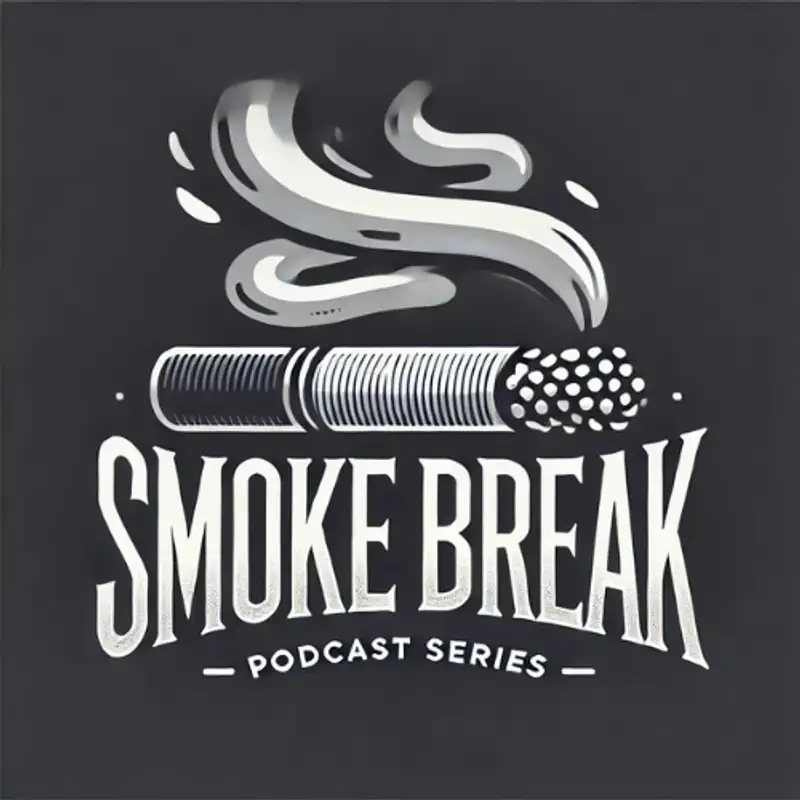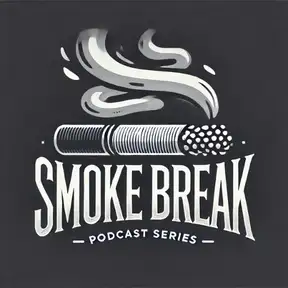Episode 7: Safety First - Protecting Your Team and Customers
Episode 7: Safety First - Protecting Your Team and Customers
Hey there, Assistant Manager! Welcome back to "Smoke Break." I'm Mike Hernandez, and today we're talking about something that should always be at the top of your priority list - safety protocols and regulatory compliance.
You know, back when I started in convenience stores, I thought safety was just about having a "Wet Floor" sign and knowing where the fire extinguisher was. Boy, was I wrong! Safety is about creating an environment where everyone - your team and your customers - can feel secure and protected.
Let's start with the basics - food safety. If your store serves food, this is critical. Every item you sell needs to be stored at the right temperature. Keep your hot foods hot and your cold foods cold. Check those temperatures regularly and log them. If something's not at the right temperature, don't guess - take action immediately.
Food storage isn't just about temperature. Rotation is key. First In, First Out (FIFO) isn't just a fancy acronym - it's your way of making sure nothing expired stays on your shelves. Train your team to check dates when stocking and do regular sweeps of your shelves.
Now, let's talk about physical safety. Those "Wet Floor" signs I mentioned? They're actually super important. Slip and fall accidents can be serious. Make sure spills are cleaned up immediately and properly. Half-done cleanup is sometimes worse than no cleanup at all.
Keep your aisles clear. Those boxes of new inventory? They need to be unpacked and put away, not left in the walking path. Emergency exits should always be clear and accessible. Imagine trying to get people out quickly in an emergency - every second counts.
Here's something people often overlook - lighting. Good lighting isn't just about aesthetics. It's about safety. Check your outdoor lights regularly. Dark spots in your parking lot can be dangerous for both customers and employees. Inside, burned-out bulbs need to be replaced quickly.
Let's talk about emergency procedures. Every member of your team should know exactly what to do in case of:
• Fire
• Medical emergency
• Severe weather
• Power outage
• Robbery
Don't just tell them once and assume they'll remember. Practice these procedures. Run drills. Make sure everyone knows where emergency equipment is located and how to use it.
The security system is another crucial part of safety. Make sure cameras are working and positioned correctly. If you have a panic button, everyone should know where it is and when to use it. But remember - no amount of money in the register is worth risking anyone's safety.
Here's something that might surprise you - proper cash handling is actually a safety issue. Having too much cash in the register makes your store a target. Set up a routine for regular cash drops and stick to it. Your team should know the procedures but not the specific schedule - that's for management only.
Personal protective equipment might not seem exciting, but it's essential. Gloves for handling food or cleaning supplies, proper footwear to prevent slips - these things matter. Make sure your team has what they need and knows how to use it.
Regular safety inspections should be part of your routine. Don't wait for something to go wrong. Check your fire extinguishers, first aid kits, and emergency lights regularly. Document these checks - it's not just about doing them, it's about proving you've done them.
Now, here's your challenge for the day: Walk through your store and identify three potential safety hazards that might be easy to overlook. Maybe it's a box slightly blocking an emergency exit, or a burnt-out bulb in the back corner. Fix these issues today.
Before we wrap up, let's do a quick check. What's the most important thing to remember about safety procedures? Is it: A) Having a manual of procedures B) Training employees once when hired C) Regular practice and updates of procedures
Take a moment to think about it. The correct answer is C - regular practice and updates of procedures. Safety isn't a one-and-done thing; it needs constant attention and practice.
Remember, as an assistant manager, you're not just responsible for running a store - you're responsible for protecting the people in it.
That's all for today's "Smoke Break." If you found this helpful, don't forget to subscribe to our channel and share with your fellow convenience store leaders. And for more in-depth content, head over to cstorethrive.com.
Until next time, keep your team safe and your customers protected. This is Mike Hernandez, signing off!

